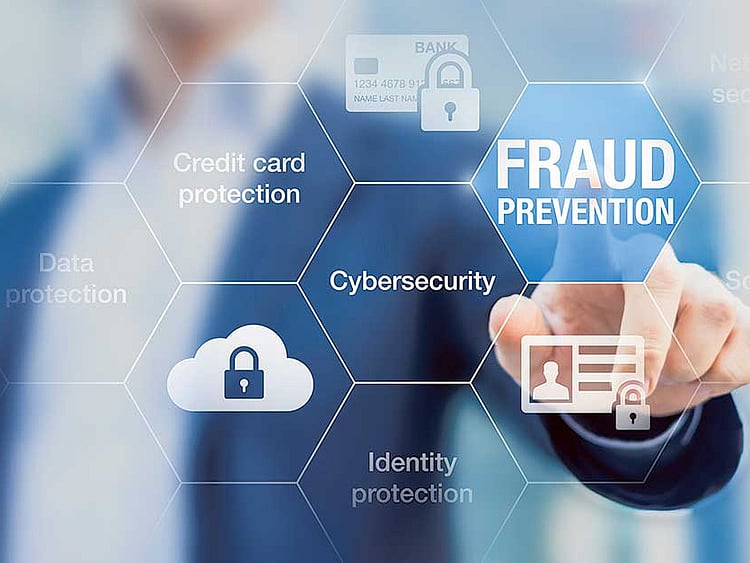What card details should you reveal when shopping safely online?
Knowing what card details to share—and what to keep private—can protect your money

Dubai: Online shopping is part of daily life for UAE residents, whether you’re buying groceries, electronics, or fashion. But knowing what card details to share—and what to keep private—can protect your money and prevent fraud.
Card details you should share
When shopping on a secure and reputable website, these are the only details a merchant should need:
Card number: The 15- or 16-digit number on the front or back of your card.
Expiration date: Usually in MM/YY format, showing when your card is valid until.
Cardholder name: Your full name as printed on the card.
CVV/CVC: A 3-digit code on the back of Visa, Mastercard, or Discover cards; a 4-digit code on the front of American Express cards. This confirms you physically have the card.
Card details you should never share
Some information is never required for online purchases and should always remain private:
PIN: Only used at ATMs or for in-person purchases. Legitimate online stores will never ask for it.
Bank account number, Emirates ID, or Passport number: Sharing these is unnecessary and puts you at risk.
Tips for safe online shopping in UAE
1. Check for secure websites
Make sure the URL starts with “https://” and has a padlock icon. The “s” means the connection is secure and encrypted.
2. Stick to trusted retailers
Shop with well-known brands or marketplaces. If you’re trying a new site, check online reviews or consult consumer protection resources in the UAE.
3. Prefer credit cards over debit cards
Credit cards usually offer better fraud protection. If a purchase goes wrong, your liability is often zero, and your personal funds are protected.
4. Use alternative payment options
Payment services like Apple Pay, Google Pay, or virtual credit card numbers let you shop without sharing your real card details.
5. Avoid public Wi-Fi for transactions
Public networks can be insecure. Use a private network or a VPN when shopping online.
6. Monitor your statements
Regularly review your bank and credit card statements. Report any suspicious transactions immediately.
7. Avoid saving card details on websites
Convenience comes with risk. Enter your card details each time rather than storing them on a merchant’s site.
Final takeaway?
Shopping online in the UAE is safe when you know what information to share, what to protect, and how to shop smartly. Keep your card details limited to what’s necessary, use trusted websites, and monitor your accounts.
Your card information is valuable—treat it like cash.
Sign up for the Daily Briefing
Get the latest news and updates straight to your inbox
Network Links
GN StoreDownload our app
© Al Nisr Publishing LLC 2026. All rights reserved.
